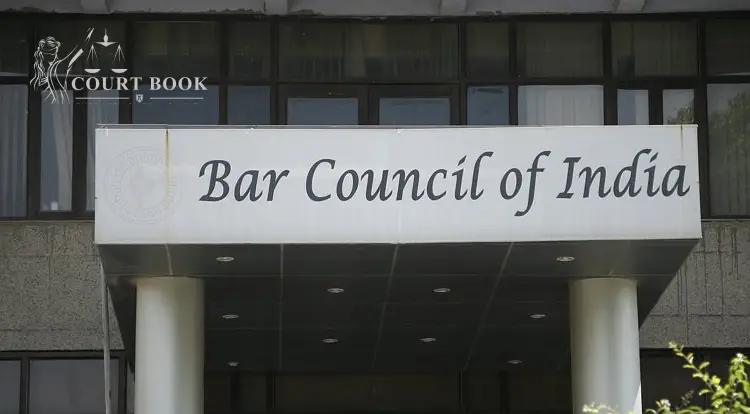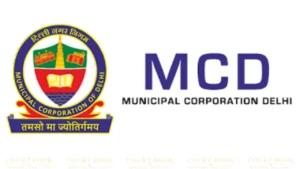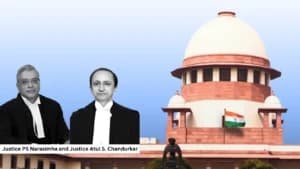The Bar Council of India (BCI) has taken a strong stance against the growing trend of unethical legal advertising and misleading social media promotions by advocates. In a recent press release dated March 17, 2025, the BCI condemned the use of Bollywood actors, celebrities, and influencers for promoting legal services, stating that such practices violate the ethical standards of the legal profession.
The BCI, exercising its regulatory powers under the Advocates Act, 1961, and the Bar Council of India Rules, has issued a stringent warning against advocates who advertise their services through social media, promotional videos, or influencer endorsements. The council emphasized that the legal profession is a noble service rooted in public trust and ethical standards, and it must not be commercialized through advertising or solicitation.
The BCI highlighted that advocates are increasingly using religious, cultural, or public events for self-promotion through banners, stalls, and digital advertisements. Such methods, according to the council, constitute unethical canvassing and infringe upon the dignity of the legal profession.
"Lawyers must uphold justice and public service, refraining entirely from commercializing their roles or services through distasteful or misleading advertisements," the BCI stated.
The rise of self-styled legal influencers on digital platforms has further compounded these ethical concerns. Many of these influencers, without proper credentials, spread misinformation on critical legal issues such as matrimonial disputes, taxation, intellectual property rights, citizenship laws, privacy rights, and GST compliance. Misinterpretations of landmark judgments, including the Citizenship Amendment Act (CAA), the Right to Privacy ruling in Justice K. S. Puttaswamy (Retd.) v. Union of India, and GST regulations, have led to widespread confusion and misguided legal decisions.
Read Also:- Supreme Court Orders Fresh Review of BCI Decision on Legal Misconduct Case
The BCI has mandated the following actions to address these ethical breaches:
- Immediate withdrawal of advertisements violating Rule 36, Chapter II, Part VI of the BCI Rules, which prohibits advocates from soliciting work or advertising directly or indirectly.
- Prohibition against using Bollywood actors, celebrities, or influencers for promoting legal practices.
- Swift removal of banners, promotional materials, and digital advertisements related to legal services.
- Mandatory cessation of misleading and unauthorized legal advice by non-enrolled individuals.
- Absolute prohibition on the use of social media or digital platforms to solicit legal work directly or indirectly.
- Digital platforms must establish stringent vetting mechanisms for legal content and promptly remove misleading information.
The BCI has warned that any deviation from these mandates will result in severe disciplinary measures, including suspension or cancellation of enrollment, referral to the Supreme Court of India for contempt proceedings, and formal complaints to digital platforms for the removal of unethical content.
Read Also:- Government Revises Advocates Act Amendment Bill 2025 After Consultations; BCI Urges End to Protests
The BCI’s directives are in line with the Supreme Court’s judgment in A. K. Balaji v. Union of India, 2018, which reaffirmed the council’s broad regulatory authority over individuals, associations, firms, and companies engaged in the practice of law. The judgment emphasized that all entities, regardless of their nomenclature, fall under the jurisdiction of the BCI if they engage in legal practice.
Additionally, the BCI referred to the Madras High Court’s judgment in Writ Petition Nos. 31281 of 2019 and 31428 of 2019, which condemned the solicitation of legal work through online platforms. The court ruled that such activities violate the Advocates Act, 1961, and the Bar Council of India Rules, and denied online platforms protection under the safe harbour provisions of the Information Technology Act, 2000.














